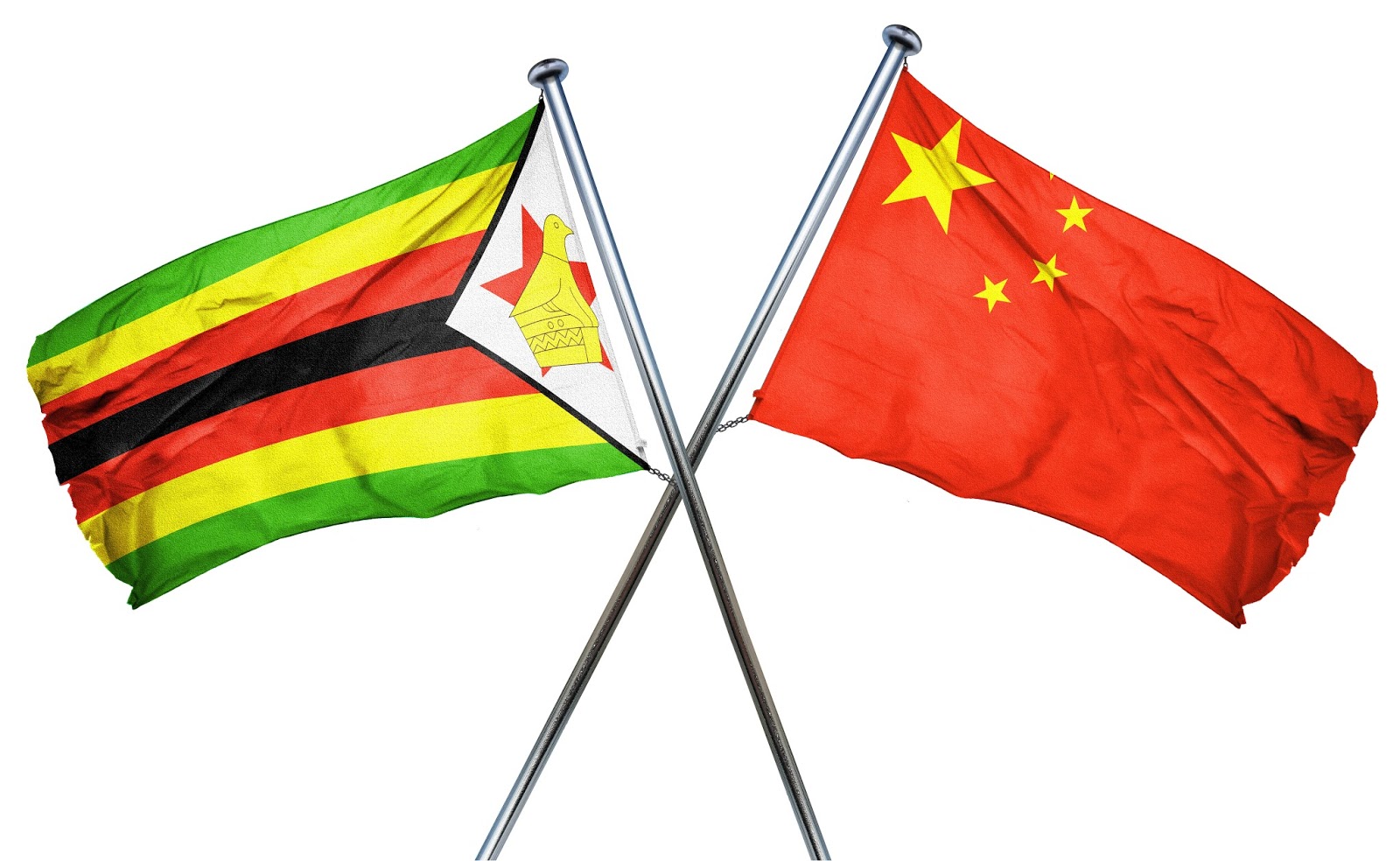By Dr Ronald Chipaike (PPRIZ Research Fellow)
Zimbabwe’s relationship with China is a microcosmic representation of Africa’s engagement of China. With engagements spanning political, economic, social and other spheres, the bilateral relationship has grown over the past two decades. A significant number of investments by Chinese players in Zimbabwe’s mining sector have been made with recent trends showing increased appetite for lithium. Zimbabwe at the time of writing is the biggest source of this mineral in Africa. Owing to the country’s mineral wealth and the Chinese appetite for this sector, China has become Zimbabwe’s largest source of Foreign Direct Investment as well as one of its biggest bilateral trade partners. The deepening ties between Zimbabwe and China have also seen China ignoring Zimbabwe’s heavy indebtedness to International Financial Institutions and availing loans for energy, transport as well as Information Technologies Infrastructure for the Southern African country. Concerns on Zimbabwe’s ability to repay these loans have been raised as well as China’s approach which appears as a form of ‘debt trap’ diplomacy.
To cement the political and economic ties, social and cultural relations have been ramped up through the establishment of the Confucius Institute at the University of Zimbabwe. The main purpose of the Institute is to teach Zimbabweans the Chinese language and culture. This appears a noble initiative in the face of increased Chinese investments in Zimbabwe and the resultant interactions. However, there is need to guard against the use of language and culture as a tool for domination as happened during Africa’s colonial era.
The important takeaway for Zimbabwean policy makers and civil society is that China has emerged as a significant player in the country’s social, economic and political terrain hence the need to devise strategies to manage this relationship. The key highlights of the study are summarized below;
• China is now Zimbabwe’s biggest source of Foreign Direct Investments.
• Chinese investments are mainly concentrated in the mining industry and Chinese investors now dominate in that sector. The discovery of lithium has only increased
Chinese investors’ appetite to focus on this sector.
• China is also Zimbabwe’s largest source for infrastructure development financing, most of which is given on concessional terms.
- The Confucius Institute at the University of Zimbabwe, scholarship support for students at local educational institutions as well as cultural events are used to project Chinese soft power in Zimbabwe.
- Ordinary Zimbabweans’ sentiments pertaining to China is still pessimistic overall
• Zimbabwe’s media reportage on China’s role in Zimbabwe is divided with the government controlled public media as well private media sympathetic to the ZANUPF government reporting favourably, while the independent media appears to take objective as well as critical editorial stance on Chinese players’ activities in Zimbabwe.
• The continued deepening of the relationship between Zimbabwe and China has negative implications on democracy, rule of law and human rights in Zimbabwe since both ZANU PF and the Chinese Communist Party (CCP) espouse authoritarianism as part of their governance strategy.
• Civil society is playing an important role in highlighting the negative impacts of Chinese investments in Zimbabwean communities.
